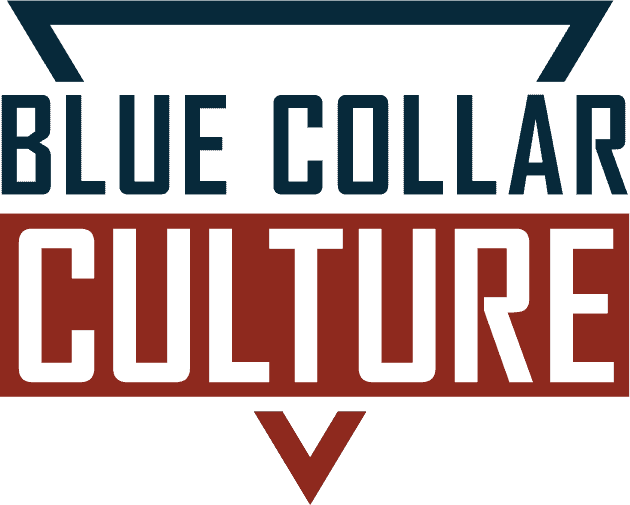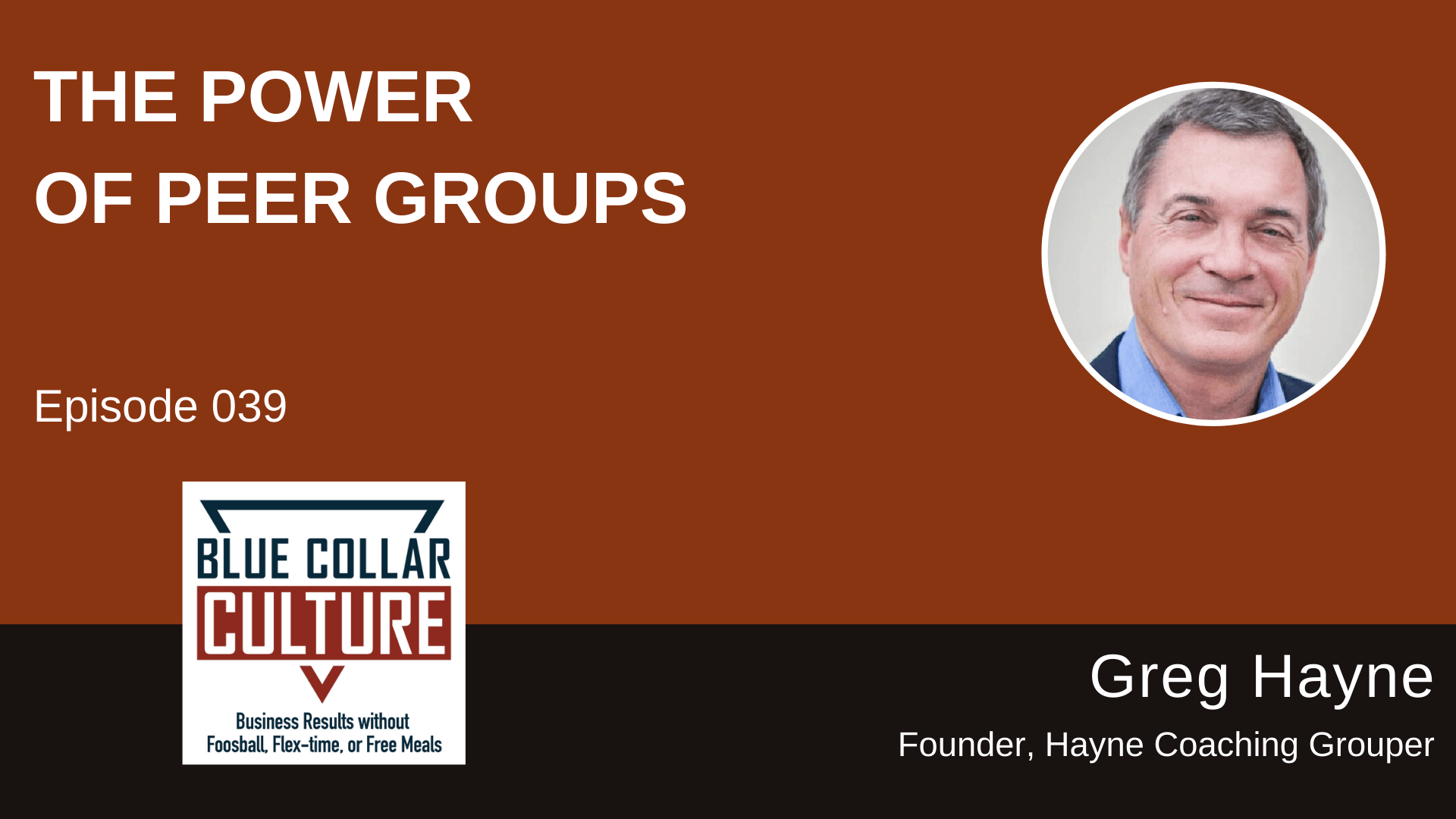As a consultant to roofing contractors for many years, Greg Hayne, founder of the Hayne Coaching Group, knows blue collar culture. And he sees first-hand how construction companies overall – and roofing companies in particular – are facing a whole host of challenges related to finding the right people for their team. We talk about some hiring tricks he recommends for clients.
We also get into the concept of peer groups for business leaders, which can be a tremendous asset in solving challenges related not just to hiring but any business problem you are facing, from marketing to insurance to estimating.
Tune in now to find out…
- The biggest myths about the roofing industry – and about construction overall
- The importance of “better” problems and how – why – to create them
- A proven method for hiring good people (you don’t look at their skills first)
- How to create the right mix of members for an effective peer group
- And more
Listen now…

